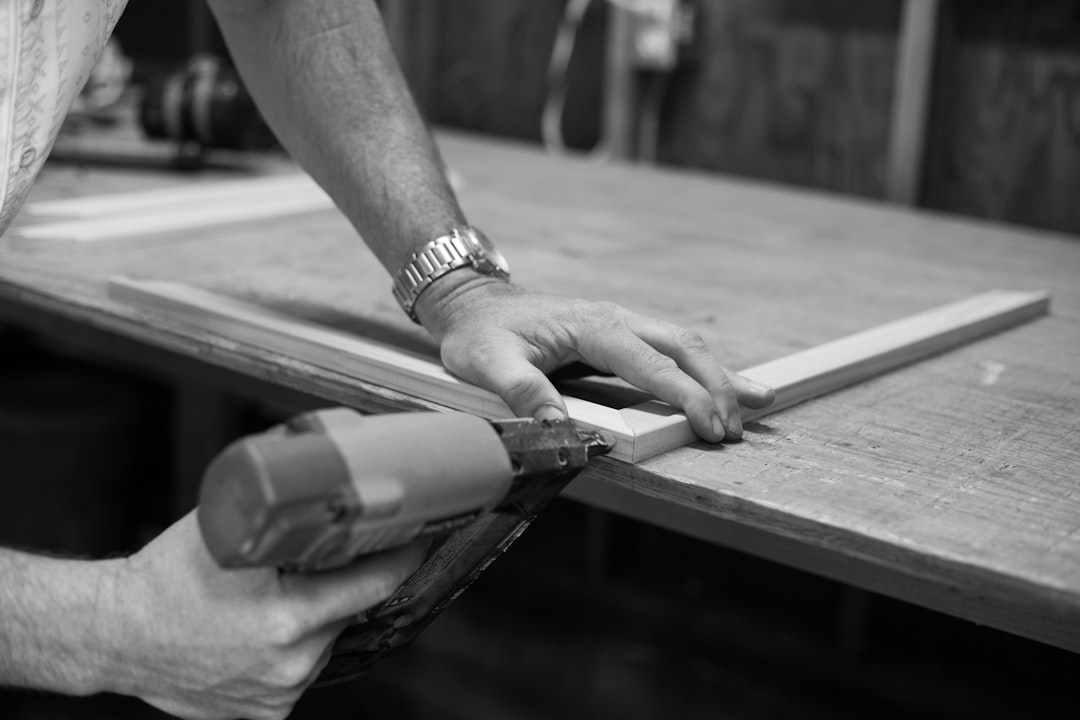What is it about?
Aphasia affects everyone in the family. Living with aphasia can make loved ones feel unwell both physically and mentally. In this fourth study of the L!V Cards, we interviewed caregivers of people with aphasia. We wanted to understand if they experienced a balance of chores, relaxation, exercise, and socializing. We also wanted to know what type of activities they wanted to do more in their lives.
Featured Image

Photo by Catt Liu on Unsplash
Why is it important?
We gave a L!V Card questionnaire to 70 people who were caregivers for people with aphasia. When we compared their responses to people who were similar in age but did not live with aphasia, we found that the caregivers did fewer social, physical, and creative and relaxing categories but similar numbers of chores. Understandably, they also told us they wanted to do more social and relaxing things.
Perspectives
One of the most important part of this project was that so many caregivers were grateful that we asked how they were doing and what they might want to change in their lives. It seems that most rehabilitation programs are not equipped to help whole families, but there are steps we can take to move in that direction.
Katarina L Haley
University of North Carolina at Chapel Hill
Read the Original
This page is a summary of: Balance and preference in activity participation for informal caregivers of people with aphasia: A questionnaire study, Aphasiology, August 2019, Taylor & Francis,
DOI: 10.1080/02687038.2019.1659936.
You can read the full text:
Contributors
The following have contributed to this page










